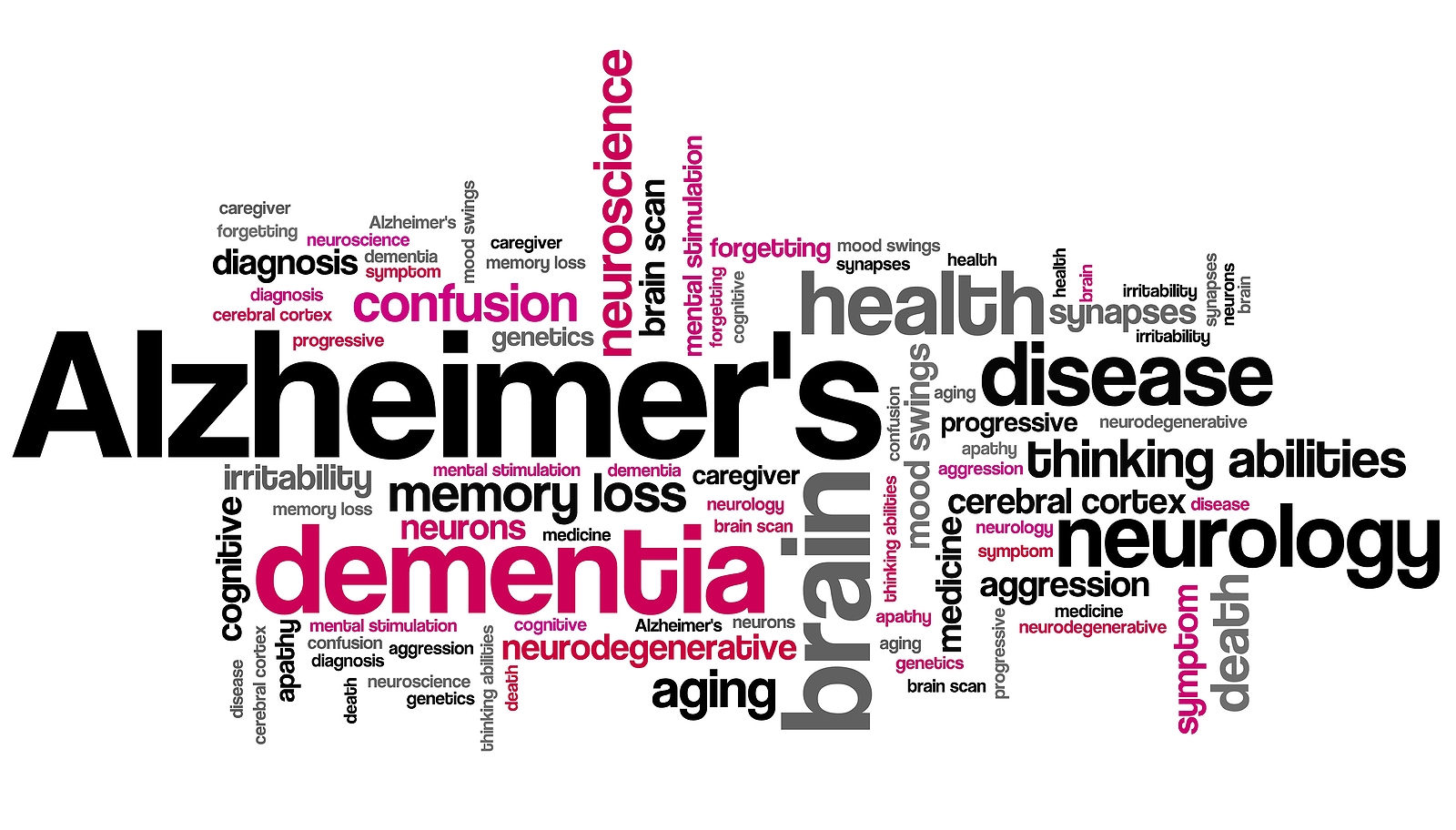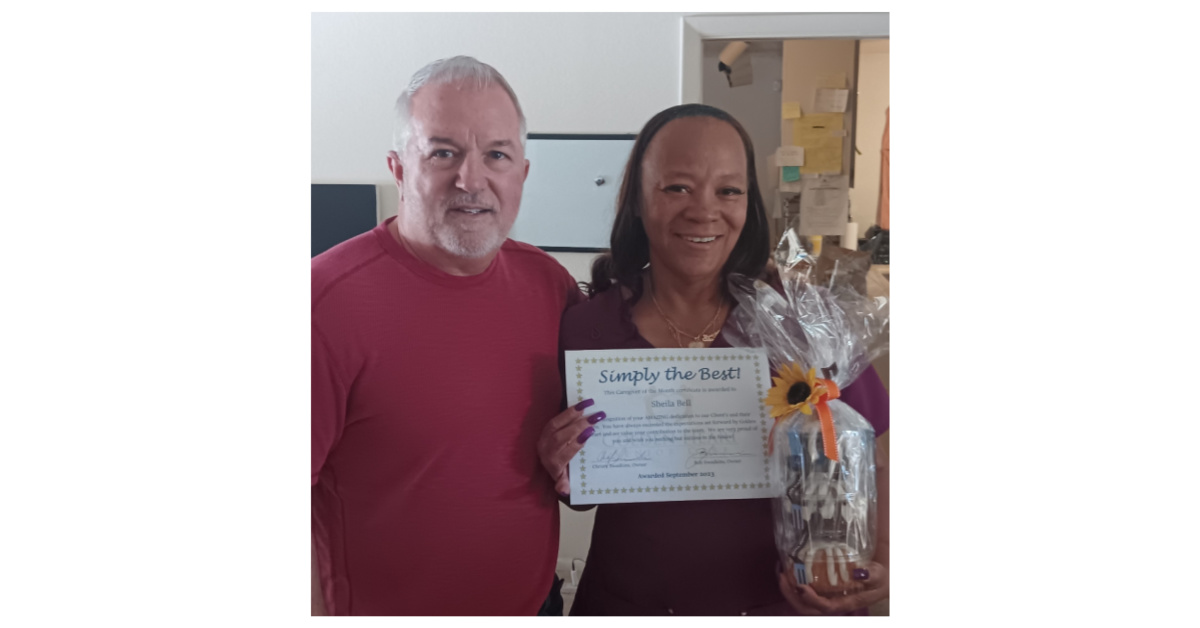September is World Alzheimer’s Month. An awareness month is created to help people learn more about the disease, how to recognize it, how to live with it, and hopefully, someday, how to cure it.
There currently isn’t a cure for this progressive disease that slowly takes away a person’s memory along with their ability to cognitively function. The cause of Alzheimer’s disease is still not fully understood but is believed to be linked to several things that may occur in a person’s health.
- Age-related changes. The brain naturally ages and with that comes shrinkage, inflammation, and blood vessel damage. All may lead to Alzheimer’s.
- Genetics-related. If Alzheimer’s disease has been a part of your family history, the risk of developing it is higher.
- Environment factors. Strokes, diabetes, obesity, and even exposure to pollutants can increase the risk of Alzheimer’s.
For many, the first symptoms of Alzheimer’s are hard to distinguish because they may look like normal aging. The key when reviewing the symptoms is to consider if your loved one has found the symptoms are interfering with her ability to function daily or if they are occurring with increasing speed. An occasional forgotten name, getting turned around in the store, or misplacing the remote control does on necessarily mean your loved one is developing Alzheimer’s.
Let’s look at the most common symptoms.
- Memory Loss. While everyone forgets some things, look for signs that your loved one is forgetting recent occurrences that while they may not be remembered exactly, she should have some memory of it. For example, if your loved one forgot that her niece visited yesterday, that may be a sign of Alzheimer’s
- Problems communicating. Forgetting a word here or there is normal, but being unable to complete a thought or communicate an idea is a problem.
- Struggling to follow directions. Not being able to follow a recipe or remember simple directions might be indicative of the onset of Alzheimer’s disease.
- Spatial judgment. At the early onset of Alzheimer’s, many people lose the ability to judge distance or decipher patterns.
If your loved one has been diagnosed with Alzheimer’s disease, she can still live somewhat independently for a while with the help of family or an Alzheimer’s care specialist. An Alzheimer’s care provider can come to the home to help with tasks and processes that your loved one can no longer do, such as preparing a meal or driving to an appointment. An Alzheimer’s Care provider is also skilled at recognizing when symptoms are getting worse and your loved one may need more assistance, whether that’s at home or in a memory care facility.
You will also need help on this journey, and the Alzheimer’s care professional can help you as well by providing a bit of respite from the 24/7 caregiving and assistance in finding other avenues of support. This is not a road you want to travel alone with your loved one. The more support you have will help you both manage her Alzheimer’s better.
If you are considering Alzheimer’s care in Summerlin, NV for an aging loved one, please contact the caring staff at Golden Heart Senior Care of Summerlin. 702-800-4616.



